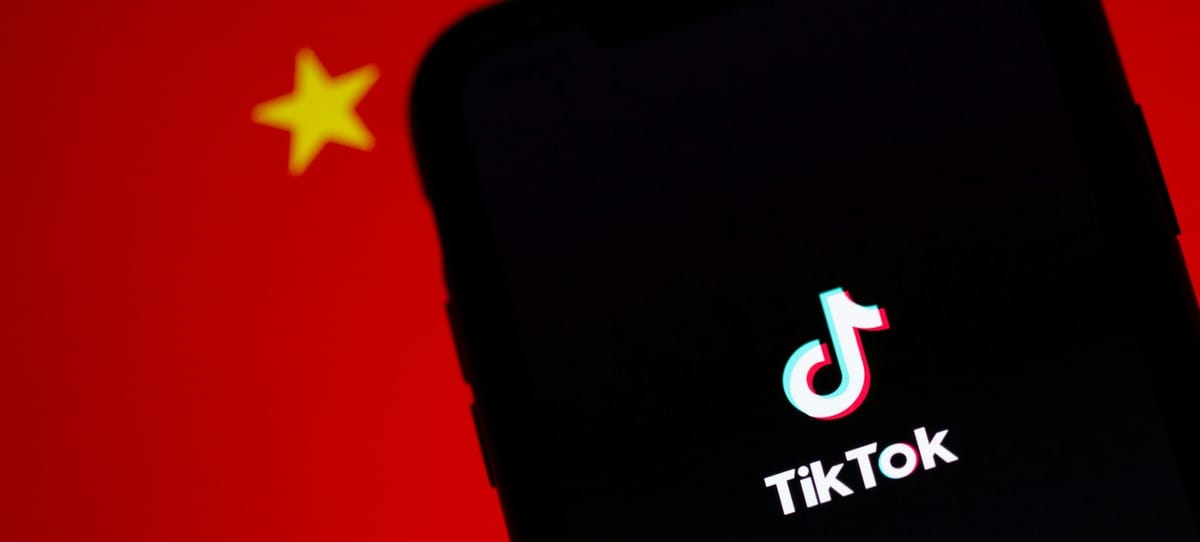TikTok Bans & Free Speech: Where Does the First Amendment Draw the Line?
TikTok bans are making headlines as lawmakers clash over whether restricting the popular app violates the First Amendment.

While states have already banned TikTok on government devices, proposals for a nationwide ban raise new legal questions about free speech online. For millions of students who use TikTok to share opinions, organize movements, and create content, the outcome could directly impact their digital rights. This article examines the intersection of TikTok bans with free speech, the Supreme Court's stance on online expression, and the significance of the debate.
Can the Government Ban TikTok?
The First Amendment protects freedom of speech, including online expression. However, these rights are not absolute. Courts allow the government to limit speech when it has a "compelling interest" and uses the "least restrictive means" to address the issue.
- Government-owned device bans have mostly withstood legal challenges. The government can regulate how its own devices are used, just as an employer can establish rules for company laptops.
- Total bans on personal devices: These are much harder to justify. TikTok is not just entertainment—it's a modern public square where users express opinions, create content, and organize movements. A nationwide ban risks suppressing speech protected by the First Amendment. Critics argue that this would be akin to shutting down a major newspaper because of its ownership.
How Do These Bans Affect Students?
For students, the issue is tricky. Schools already restrict certain apps or websites on campus networks. Courts generally allow this if it's for educational or safety purposes. But what about your phone, at home, on your own time?
Here's where Mahanoy Area School District v. B.L. (2021) becomes relevant. The Supreme Court ruled that schools have limited power to regulate off-campus speech. That means that if you post something on TikTok outside of school, your school can't usually punish you just because they disagree with what you said, unless it causes significant disruption to school activities or involves threats and harassment.
A nationwide ban, however, would go far beyond school authority. It would stop everyone from using TikTok, regardless of what they post. That's why civil liberties groups argue it's an unconstitutional overreach.
The Legal Battles Ahead
TikTok isn't going down without a fight. Lawsuits are challenging bans as violations of free speech. Supporters of the bans argue they're about security, not speech. Courts will have to decide whether these security concerns justify such a broad restriction on expression.
Meanwhile, the Supreme Court may soon have to rule on whether banning an entire platform is allowed under the First Amendment. This decision would set a precedent for all future conflicts between security concerns and online speech rights.
The Bottom Line
TikTok bans raise a fundamental conflict between national security and free speech. For students, this debate is more than just political drama—it's about whether your online voice will remain protected. The courts' next moves could redefine what the First Amendment means in the age of social media.


